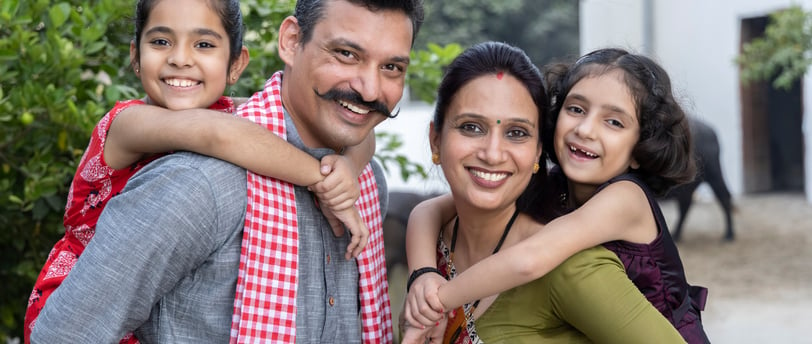Empowering Rural Women: A Comprehensive Guide to Family Planning in Ballia
In this article, Dr. Shilpa Gupta, an experienced gynecologist, delves into the critical aspects of family planning, addressing the unique challenges faced by rural women in Ballia, India. Discover essential information and guidance to make informed choices about reproductive health and family planning.
WOMEN EMPOWERMENT
DR Shilpa Gupta
11/10/20232 min read


As a gynecologist with years of experience serving rural communities in Ballia, I've witnessed the complex challenges that rural women face when it comes to family planning. In this article, I aim to shed light on the importance of family planning and provide valuable insights to empower women in Ballia to make informed decisions about their reproductive health.
Understanding Family Planning: Family planning is a fundamental aspect of women's health that allows individuals or couples to decide the number and timing of their children. It involves various methods, both temporary and permanent, that help control fertility and manage pregnancies. For rural women in Ballia, where resources and information may be limited, understanding family planning is crucial.
Challenges Faced by Rural Women in Ballia:
Limited Access to Healthcare: Rural areas often lack access to quality healthcare facilities, making it difficult for women to seek advice on family planning and reproductive health.
Lack of Awareness: There is a lack of awareness and knowledge about the various family planning methods available. Many women are unaware of the options and their pros and cons.
Cultural and Societal Factors: Traditional beliefs and societal norms can sometimes discourage women from discussing family planning openly.
Essential Family Planning Methods:
Contraception: Various contraception methods are available, including condoms, oral contraceptive pills, intrauterine devices (IUDs), and contraceptive injections. These methods allow women to choose when and if they want to have children.
Sterilization: Tubal ligation for women and vasectomy for men are permanent methods of family planning. It's important to understand that these procedures are irreversible.
Natural Methods: Understanding the menstrual cycle and fertile days can help women and couples naturally plan their pregnancies.
The Importance of Education: Empowering rural women in Ballia begins with education. It's vital to provide women with information about family planning methods, their benefits, and potential side effects. Educational programs, community health workers, and local clinics should play a pivotal role in disseminating this knowledge.
Overcoming Cultural Barriers: To address cultural and societal factors, it's crucial to engage with local communities and religious leaders. Sensitizing them to the importance of family planning and dispelling misconceptions can go a long way in promoting these vital services.
Access to Healthcare: Improving healthcare infrastructure in rural areas, especially in Ballia, is paramount. Government initiatives, NGOs, and community health centers should collaborate to ensure that women have access to quality healthcare and family planning services.
Supporting Women's Choices: Ultimately, family planning is a deeply personal choice. As a gynecologist, I advocate for respecting the decisions of women and couples, whatever they may be. The goal is to provide them with the necessary information and resources to make informed choices.
In conclusion, family planning is a critical aspect of women's health in rural areas like Ballia, India. It's a multifaceted issue that requires a combination of education, healthcare access, and community engagement to empower women and improve their quality of life. By addressing these challenges, we can ensure that rural women have the knowledge and support they need to make informed decisions about their reproductive health and family planning.
